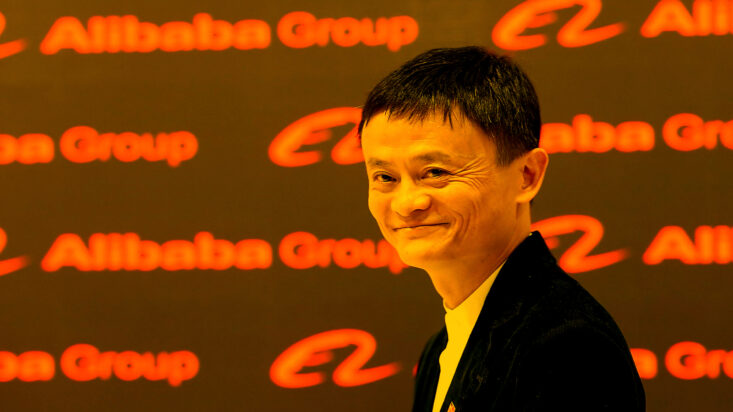Emerging markets to the core
The mention of emerging markets (EM) opens up a messy vista of many complex and troublesome issues, not least in China, representing the beating heart of EM. Add in a lack of central bank independence, volatile currencies, unpredictable governments and it is little wonder that EM struggles with a risk/return balance. Through to the end of 2019 there were few willing to champion EMs, pointing to slowing economic growth, the strength in the US dollar, relatively weak return on investment (ROI) figures and therefore sluggish free cash flow. This was vindicated by the underperformance of EM to DM equity indices for a full decade.
Now. as EM claws its way up the performance ladder, has the wheel finally turned? History suggests that it would be a multi-year pattern.
Confidence in EM requires a confluence of positive trends. Baring a few exceptions, the economies are on a V-shaped recovery that is already in the making and without huge monetary or fiscal costs. The return of a growth premium over DM is critical step number one. The weakness in the US dollar is widely expected to persist, with a host of factors dragging down its premium status.
Valuations across all components of EM markets have a level of support. Consensus views the currency aggregate as still somewhat below fair value; yields in all asset classes are worthy of a place in an income-hungry investment world; and the index price/earnings (P/E) multiple is around the middle of its historic range. Commodity prices and the pickup in trade support growth, particularly the ongoing interaction within EMs, rather than reliance on demand from DM.
In the equity world there is a close parallel to DM, given that growth has blown away value by a huge margin and that a handful of companies have been on a tear this year. Alibaba, Tencent, Taiwan Semiconductor Manufacturing Company, or TSMC (20% of the EM index right there) accounted for nearly half the returns in the third quarter. The EM performance is therefore essentially a ‘China and frenemies’ story so far. As is the case with DM, a broadening participation would give some confidence to further upside.
While some funds espouse their stock-picking as the beating heart of their process, EM does require a macro reality check. Perfectly decent investments in places such as Turkey, South Africa and Brazil have been blown up by mismanagement from the central government. Country valuations require interpretation. Large weights, for example Samsung in South Korea, or energy in Russia, make a mockery of country-based P/Es. The Indian Nifty Fifty index is prone to persistently high P/Es, although within a volatile range. Comparing companies within India across elsewhere in EM in similar industries will likely be of little value to a portfolio manager.
The lower return on investment that has been a drag on EM should be overcome with time. Growth has its costs, and the more recent listings in EM tend to embed higher investment into the balance sheets. EM is also less about disruption, as there is little legacy in consumer behaviour, allowing new concepts to take hold quickly.
EM debt had a ripper of a second quarter, taking time out in Q3 to regroup. If the economies sustain their renewed growth and the corporate sector follows on, the higher yield that can be achieved will surely be too attractive to ignore. FTSE has recently added China sovereign bonds to its index, ensuring a baseline of investment flows.
The temptation for newer investors to EM will be to defer to recent fund performance. In equity, the risk is that this doubles-up style and holdings with DM, as many of those funds have large weights to the favoured few. Deep value is an improbable hunting ground but there is a decent assortment of funds that are a little bit fresher and newer in their mix. EM debt is adventurous for some, but hey, aren’t we all looking forward to a bit more to life than at present?











